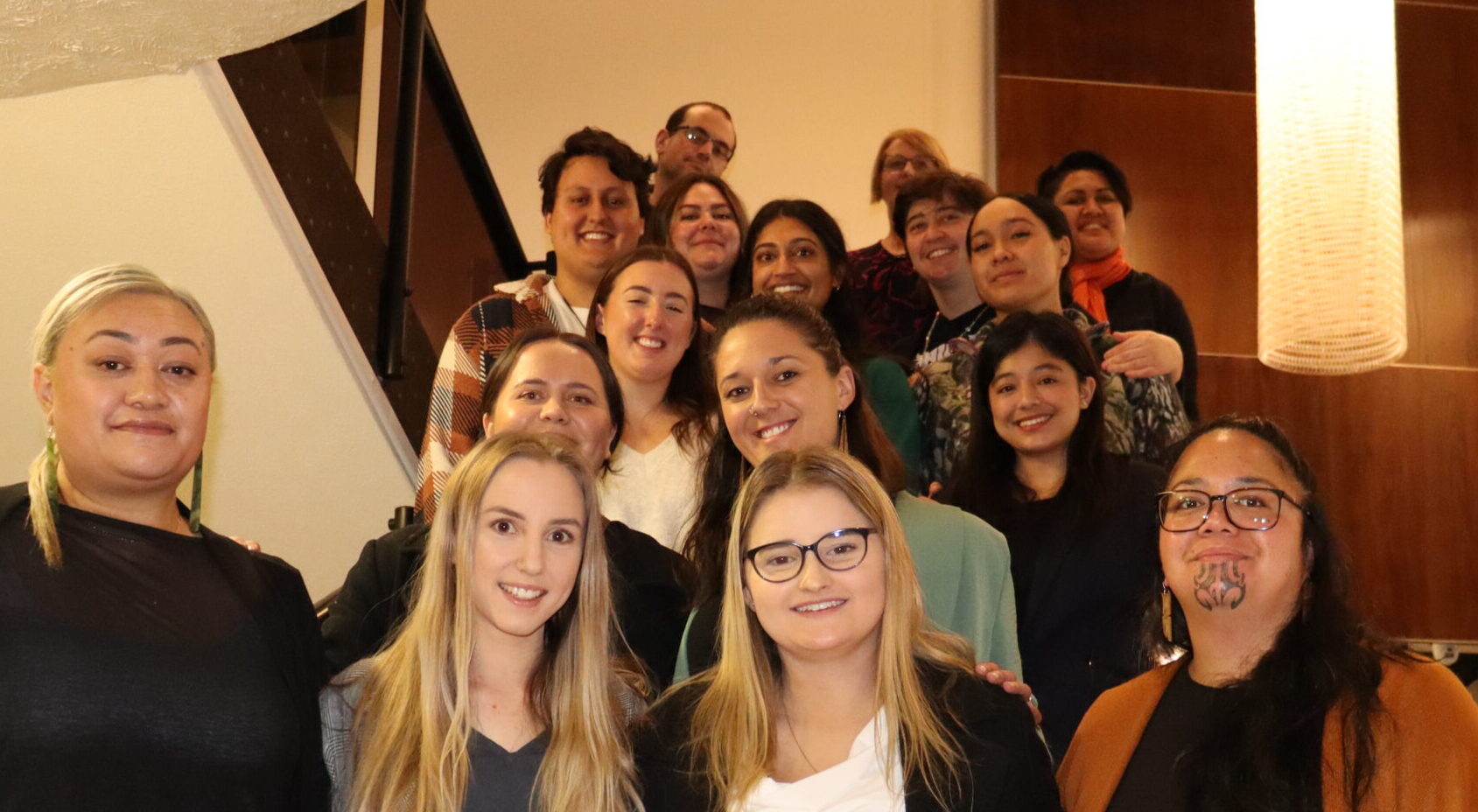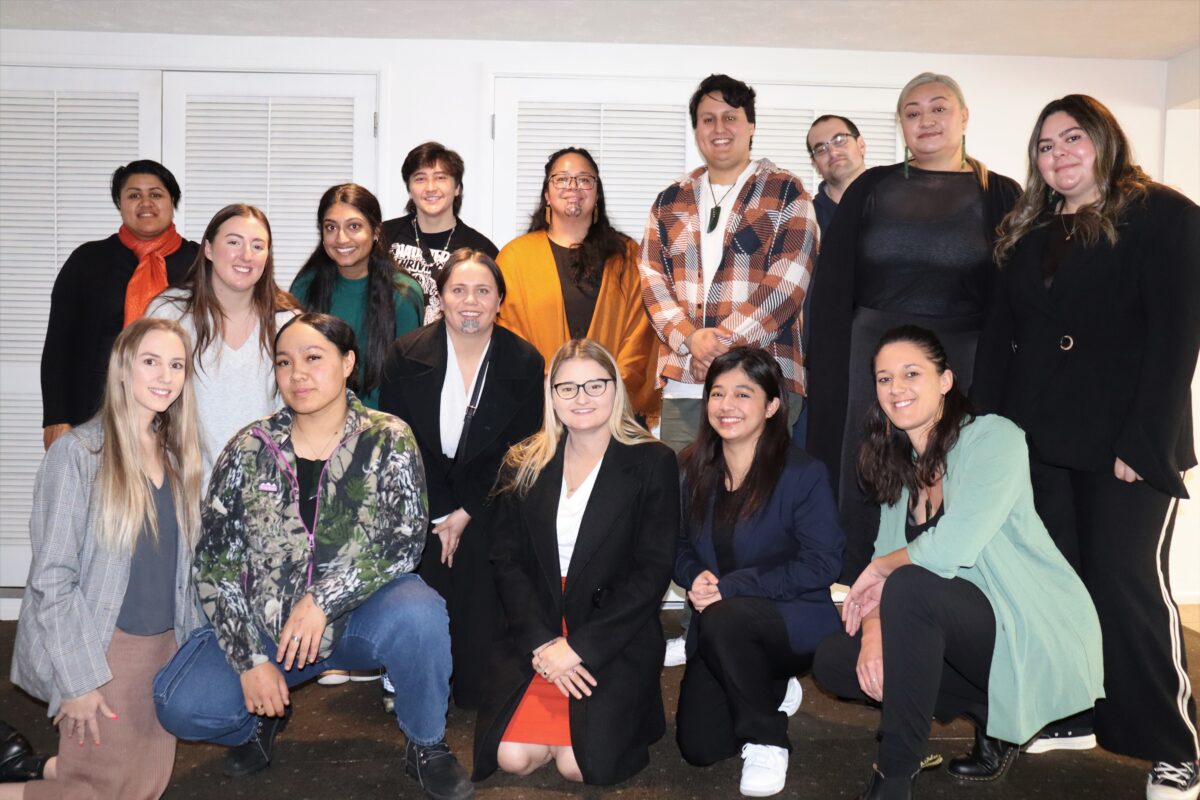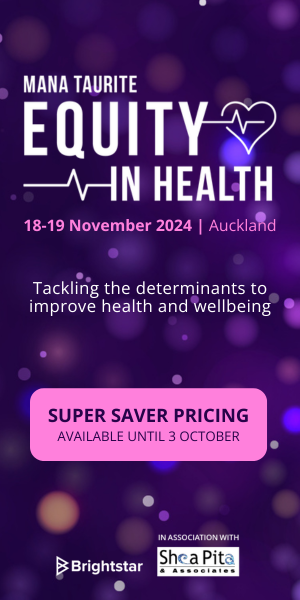“Being a nurse in New Zealand at the moment seems really hard – there’s a massive shortage and the working conditions just seem less than ideal,” NZNO’s national student unit (NSU) member Elliott Pepper told Kaitiaki.
‘It’s actually the love we have for our people . . . which has pushed us to become nurses, to change that health care system, for the better of our future babies and moko.’
Yet many persevere because they want to make a difference to their families and communities, Tairāwhiti student Ariana Thompson-Kihirini said.
“It’s actually the love we have for our people and we look back at all the bad stuff we saw with our own families to do with the health-care system which has pushed us to become nurses, to change that health-care system, for the better of our future babies and moko.”
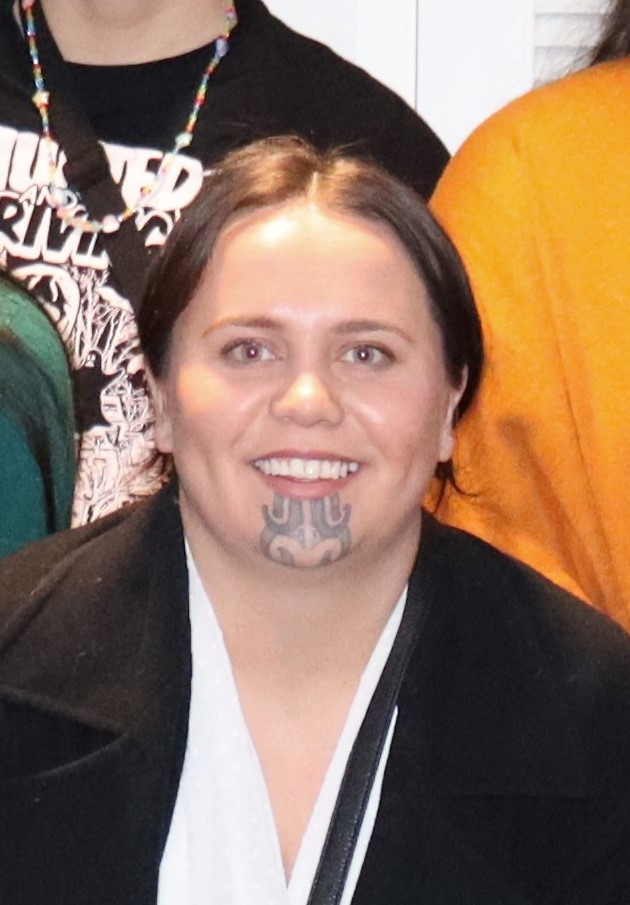
NZNO’s 10th national student survey, which takes place every two years, drew a record number of responses, with more than 1400 students participating — the highest ever, said NSU co-leader Rebecca Dunn.
Students reported the biggest stress was financial — especially while doing their clinical experience, with more than 80 per cent of participants saying they needed more support on placements.
Some students were driving five hours a day for their placements, or paying double rent for their duration if they chose instead to move, Dunn said. “That’s not sustainable, especially if you have whānau.”
Outgoing NSU co-leader Anna Clarke (Te Aupōuri, Te Rarawa and the Tongan village of Vaini) said the biggest challenge was the nine-week third-year placements during which students don’t have time to work — but receive no payment or stipend.
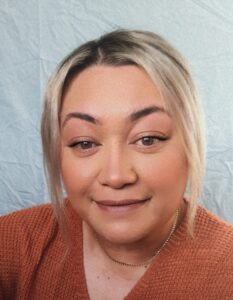
“So for some of those ladies in my class, if they don’t work they don’t have anywhere to live. So lots of them were either having to move back in with their parents, or sleep on people’s couches,” she said.
‘If I didn’t have the support I have, I would have given up ages ago.’
“You have to prioritise – what is the most important? Do you live or do you try and finish this degree? And most people choose to live.”
Clarke said she had only made it this far thanks to whānau but there were others who weren’t able to keep going.
“If I didn’t have the support I have, I would have given up ages ago. And even with the support I have, as amazing as it is, I was still wanting to quit every week, because it gets too much.”
About 30 per cent of nursing students drop out, with slightly higher rates for Māori and Pasifika — an overall attrition rate the Government wants to drop to 20 per cent.
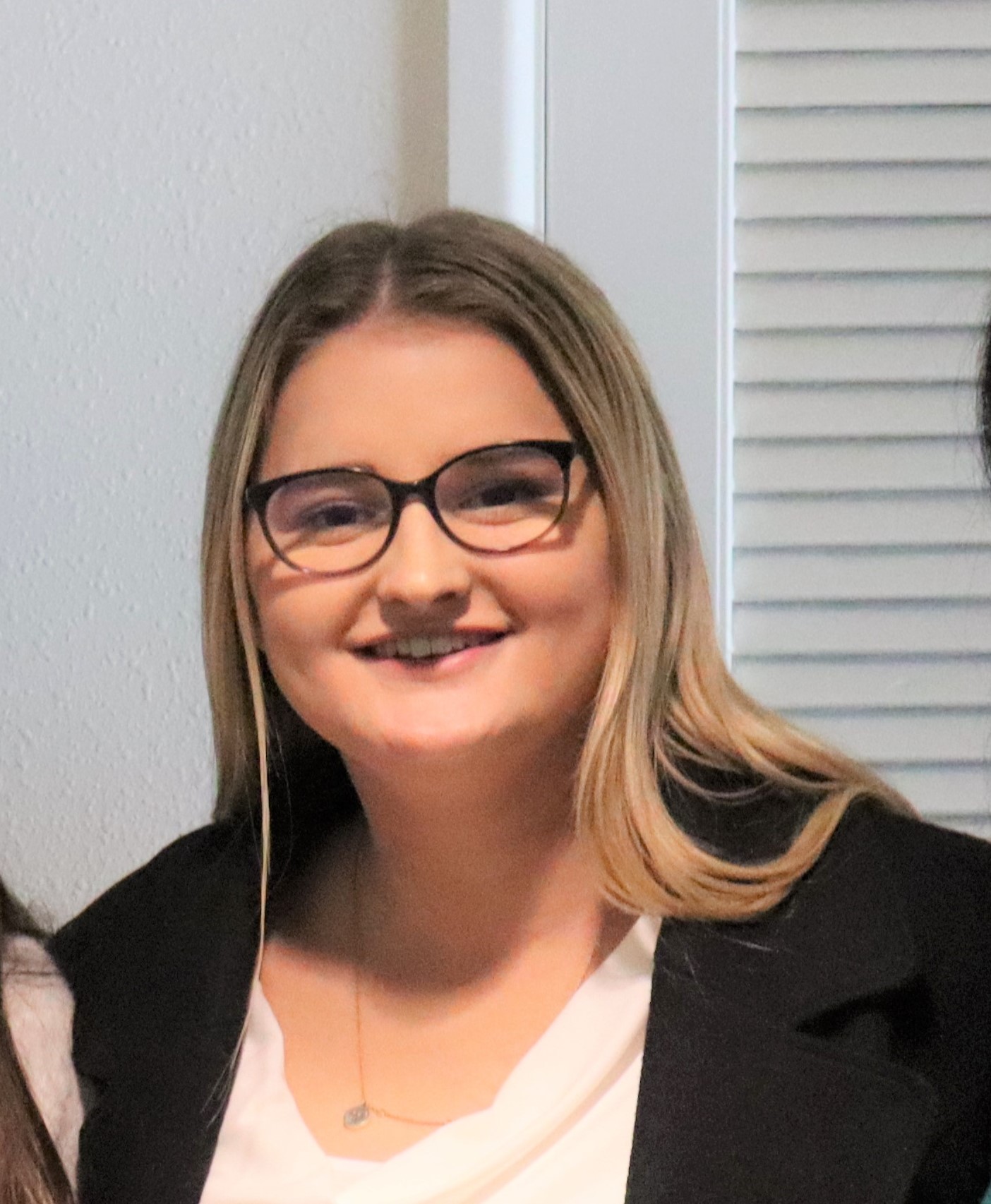
Tāmaki Makaurau student Hinemareikura Ngatai said help with parking and petrol vouchers on placement would make a big difference at a time of high cost-of-living and fuel prices.
Thompson-Kihirini said some nurses had even warned them to “get out now”.
“They’re almost telling us not to do nursing because of the amount of pressure they’re under.”
COVID and the Te Pūkenga merger had also contributed to student stress, Pepper said.
With classes mostly online until this year, due to COVID, students were not always familiar enough with the required assessments, he said.
The Te Pūkenga merger — which began merging the country’s 16 polytechs into a single organisation in 2020 — had led to uncertainty as nursing lecturers quit. This resulted in staff shortages, last-minute lecture cancellations and delays of “several months” in marking assessments at some schools, Pepper said.
Racism
Racism — at times, from fellow students, preceptors and patients — and lack of cultural competency was also identified as a problem, ranging from anger over use of te reo Māori to non-Māori teachers who did not understand te ao Māori when marking papers.
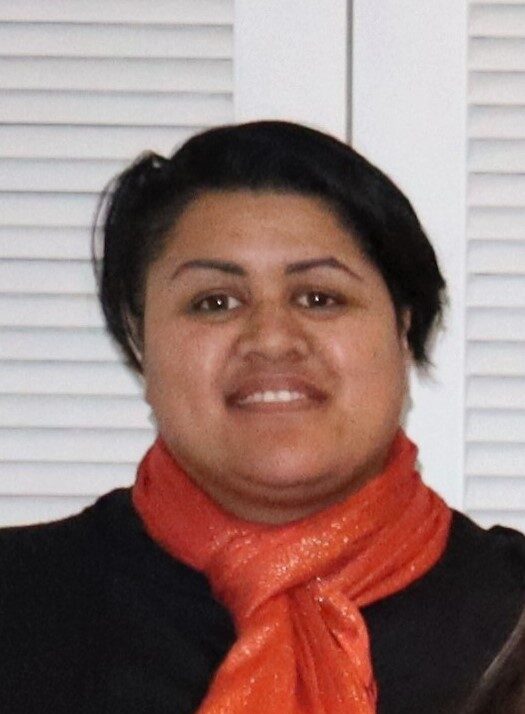
Thompson-Kihirini said more Māori kaiako (teachers) were needed in nursing education. She knew of Māori students getting marked down for things that were actually tika — correct in te ao Māori.
Ngatai knew of tauira who had been asked to change their reo Māori kupu (words) to English in their assessments.
On placements, Thompson-Kihirini had to deal with aggressive patients, and at times staff, complaining about use of te reo Māori on signs “as if it’s something I’m responsible for, personally”.
“It just puzzles me how people start getting angry about it – ‘why are we going to Māori? we’ve always done English’. Well, actually in the past that was our key language.”
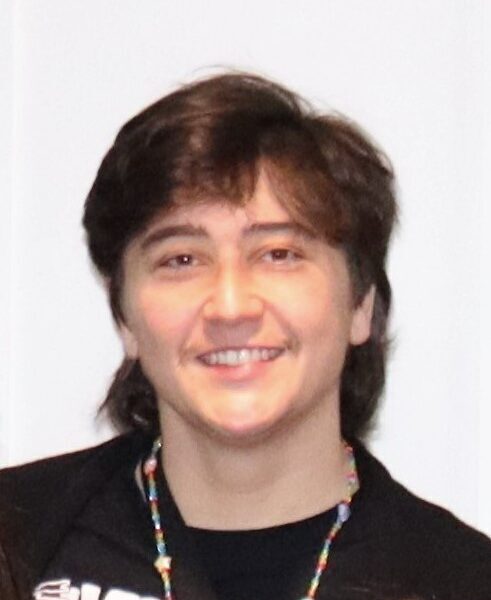
Better te Tiriti education was needed within nursing curricula, she said.
“My biggest concern is if they’re not educated enough, then they may not treat our people the same as everyone else.”
The survey also explored how gender diversity was reflected in nursing curricula, Pepper said.
“For me and my friends, our experiences of the health care system have been pretty shite,” he told Kaitiaki. Many nurses thought rainbow patients were a “specialty topic”, he said. “Actually, as a nurse, you’re going to be treating rainbow patients whatever area you are.”
It was really important to have those with lived experience involved with designing the curriculum, he said.
‘These discussions are critical to ensuring we are removing barriers to ākonga success and support the development of the nursing workforce Aotearoa needs.’
Challenges ‘acknowledged’
The initial survey results — now being compiled into a report — were presented to 60 nursing education leaders last month.
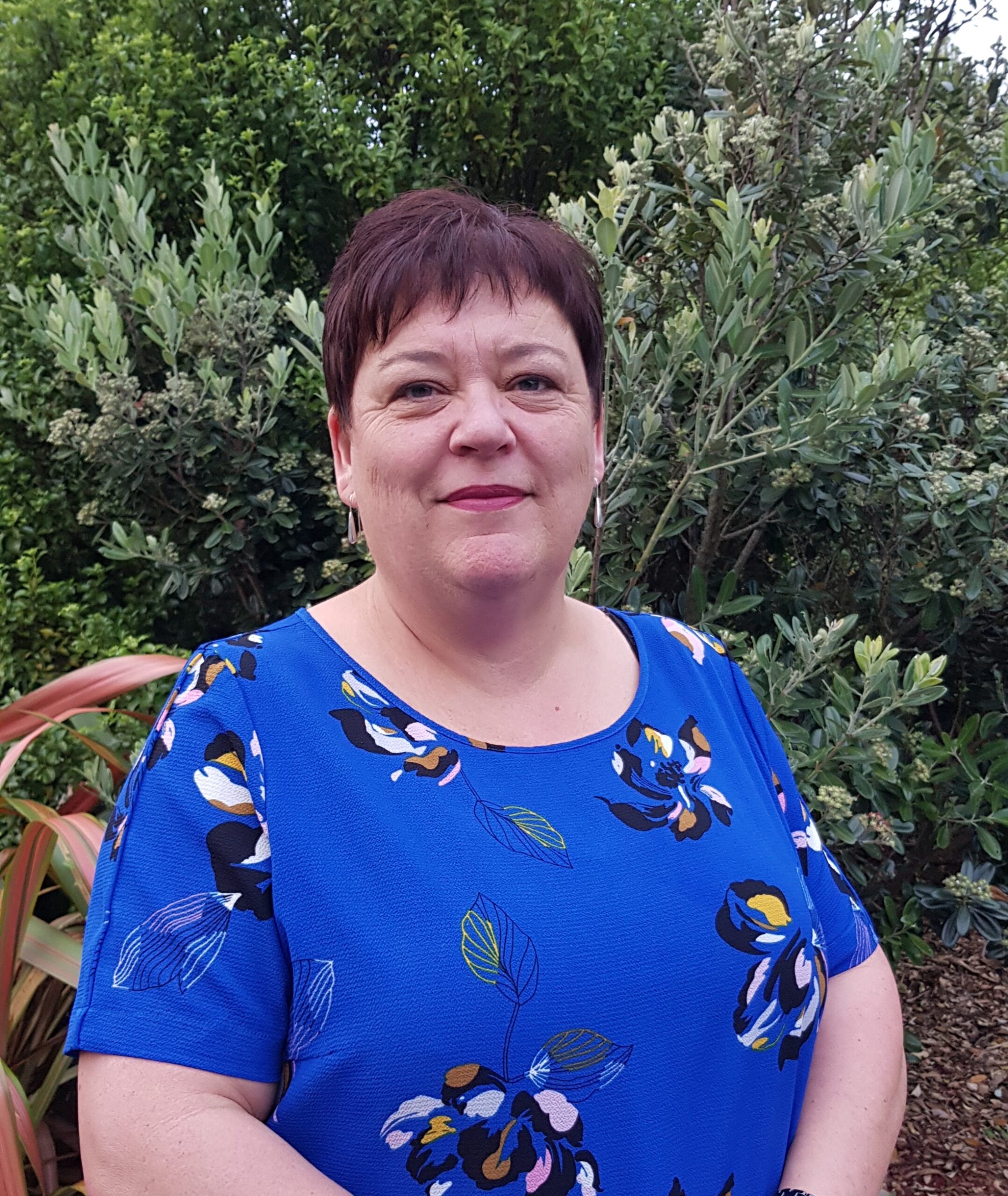
Massey University senior nursing lecturer Claire Minton said she was aware of the financial pressures as clinical hours increased over the programme’s years. Massey tried to place students close to their home and encouraged cost-sharing such as carpooling. Hardship allowances were also available for travel and the school of nursing was working on providing more scholarships in 2024 to support students to complete the BN.
A Māori kaitautoko (cultural support worker) at Massey worked with first-year students to mentor and help access support services.
Te Pūkenga national head of nursing Stephen Neville said he acknowledged the challenges for students at a time when the cost of living was high — particularly with limited opportunities to earn and learn.
In response to the survey, he said Te Pūkenga was putting together a student group to capture their views “to engage in a meaningful way” on issues raised.
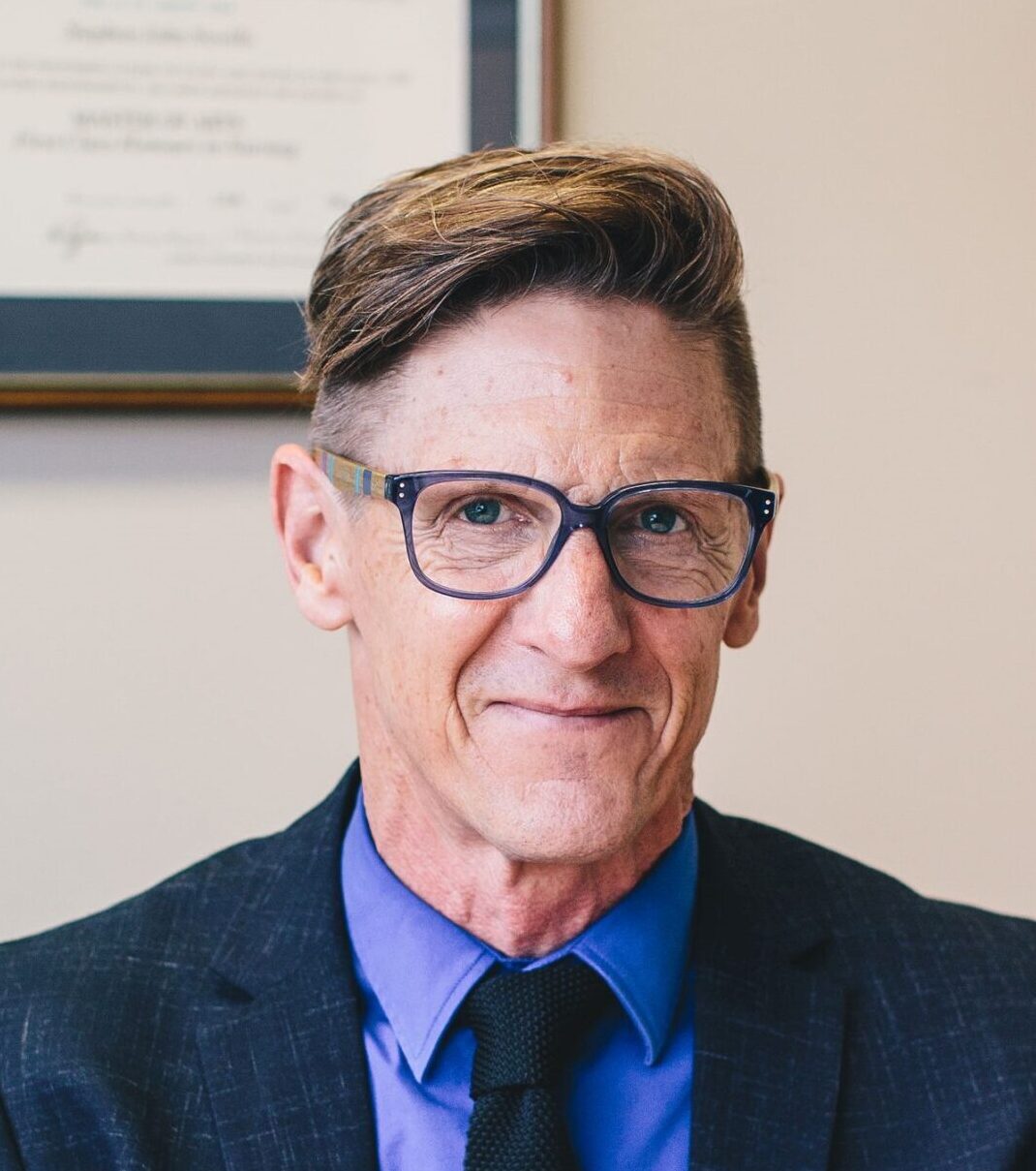
Meanwhile, support was available through individual schools’ student services to help access loans, hardship funds, budgeting advice and help finding part-time work.
Te Pūkenga was also talking to Te Whatu Ora on ways of supporting learners in the long term, “including by increasing opportunities to earn and learn”.
“These discussions are critical to ensuring we are removing barriers to ākonga success and support the development of the nursing workforce Aotearoa needs.”
Te Pūkenga was working on more te Tiriti and cultural competence professional development for its kaimahi.
However, Te Pūkenga’s launch from next year of the three national nursing qualifications (bachelors of nursing, nursing Māori and nursing Pacific) would also better reflect “under-served” world views and indigenous mātauranga, he said.

Te Whatu Ora director workforce planning John Snook acknowledged pressure on nursing students, especially during their final nine-week transition-to-practice placement “where financial pressures are likely to be most acute”.
However, “at this point in time, paid clinical placements for nurses are not being considered as a separate earn-as-you-learn pathway”. They were not allowed under current Nursing Council regulations and had a “significant cost”, he said. Te Whatu Ora would not say how much that cost would be.
Student survey — summary of initial findings
- Over 1400 students responded to the two-yearly survey, including enrolled nursing, bachelor of nursing (BN) and BN Māori and BN Pacific students. NZNO has about 3400 student members.
- Financial concerns were high across all programmes, impacting on physical and mental wellbeing.
- Clinical experience was identified as a particular financial pressure point, with 84 per cent of students saying some financial compensation was needed on placements.
- Costs associated with petrol, parking, travel, accommodation and food during clinical placements all contributed to financial hardship, students said.
- Eighty six per cent of respondents reported feeling either moderately or excessively stressed during their studies. Alongside financial pressures, which included course costs, assessments being due at the same time and deadlines during clinical placements also featured as significant stressors.
- A need for appropriate cultural support and pastoral care was also reported as important for students to feel safe and understood in both campus and clinical environments.
- Māori and Pasifika tauira reported unique practical and cultural barriers, including travel, whānau obligations and language difficulties.
- One third of respondents had been impacted by extreme weather events, with flooding, road closures and cancelling of clinical placements.
- More than 30 per cent reported questioning whether nursing was right for them.
